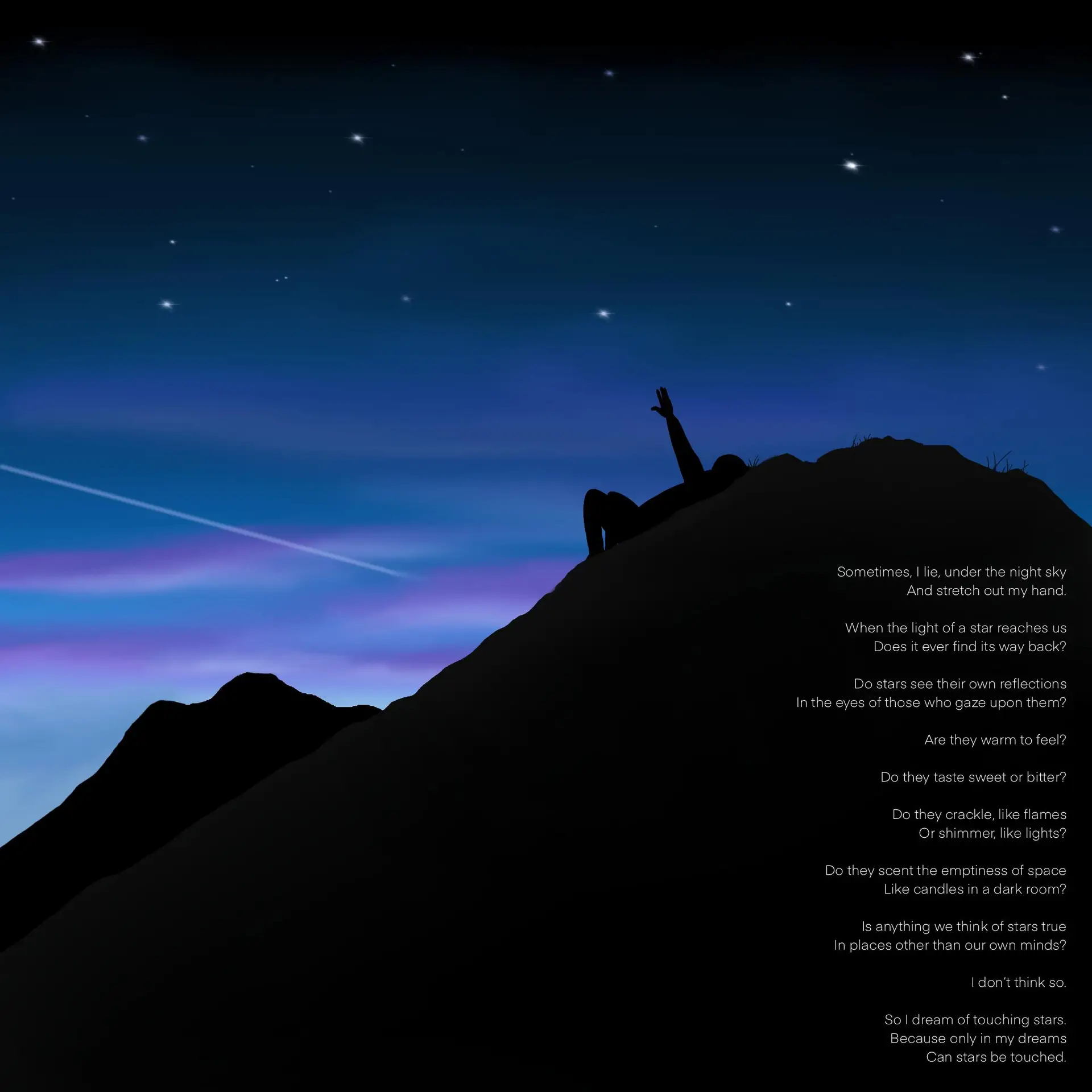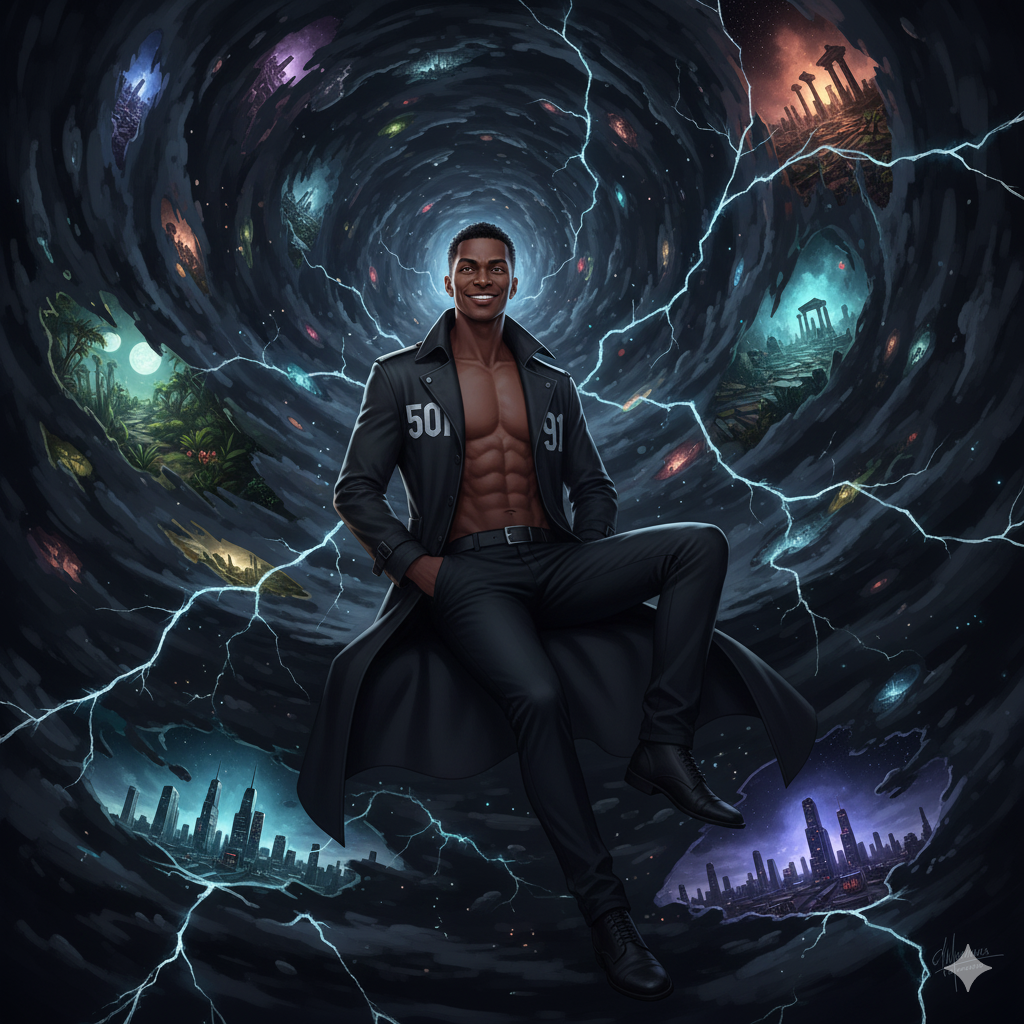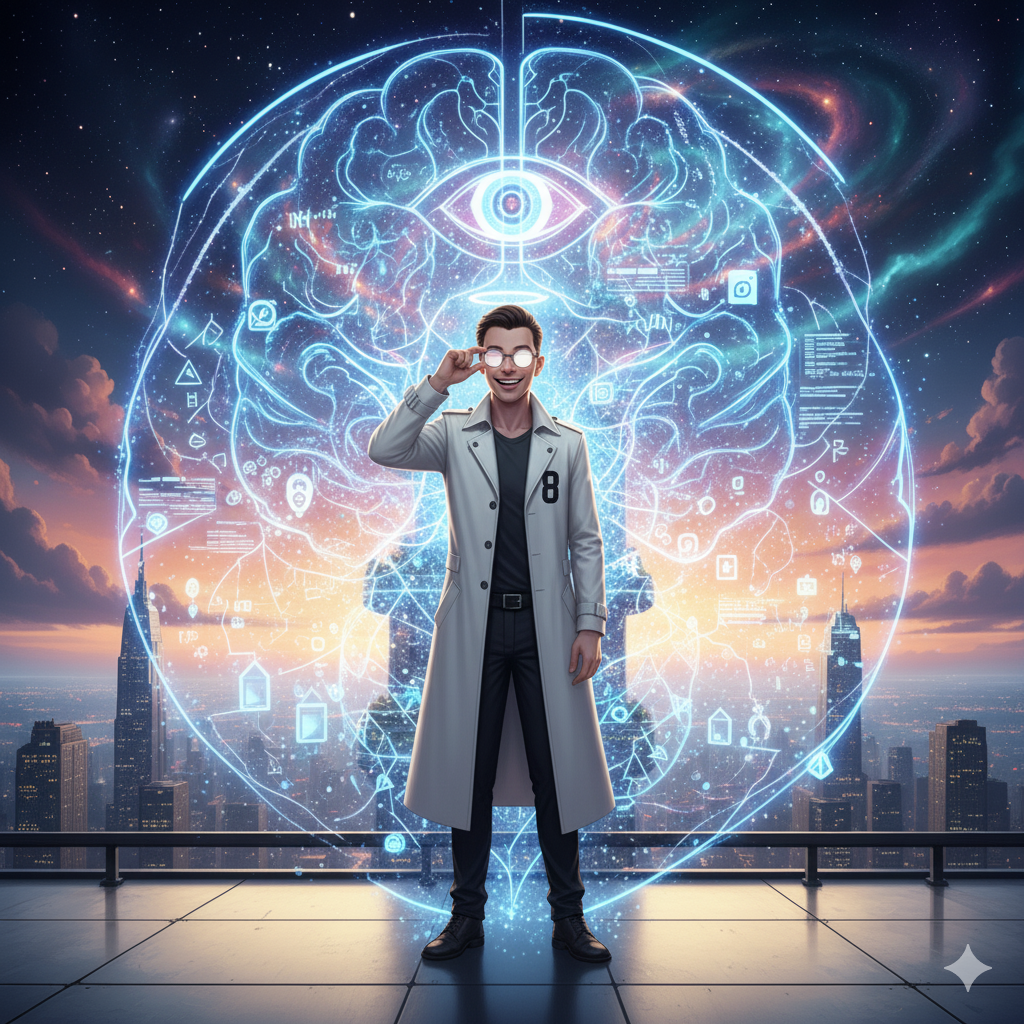Do stars see their reflections in the eyes of those who gaze upon them?
This question has a lot of contextual significance, and it begins with the book title that has stuck with me ever since the first time I heard it.
The movie known as Blade Runner (1982) was originally published as a book the title Do Androids Dream of Electric Sheep? The fluidity with which the sequence of words rolls off the tongue is enough reason to make its way into the book title hall of fame, but there’s so much more to it than its linguistic aesthetic.
The question forces you to assume certain things must be true in order to answer it. Not only is this a world in which androids exist, but do they share such an alignment of consciousness with humans (or perhaps any type of sentient creature) to have the gift of being able to dream? And if we presume they do, we are then driven to ask the question of if their dreams are the same as ours, but guided by the category of attributing their mechanical nature to that which they dream about.
Hence, the question of ‘electric sheep,’ as opposed to just ‘sheep.’
the title presumes certain things to be true, but draws he line at what form of truth they take Do androids dream the same as us? or do their mechanical minds dream of mechanical realities?
It’s a philosophically thought-provoking book title, and it inspired me to come up with my own.
Do stars have the ability to see like we do?
is a star’s light powerful enough to reach it once more after experiencing our gaze?
Does this question presume a reality where these things are true? What does that tell you about the type of story that such a reality exists in?
What does it tell you about the person (in world) who decided to ask the question?
And what do you think the answer to this question might be?
And when might you find it out?
You might want to ask Us. But you see, it is not Our truth to convey.
You’re simply not at that part of the story yet.



